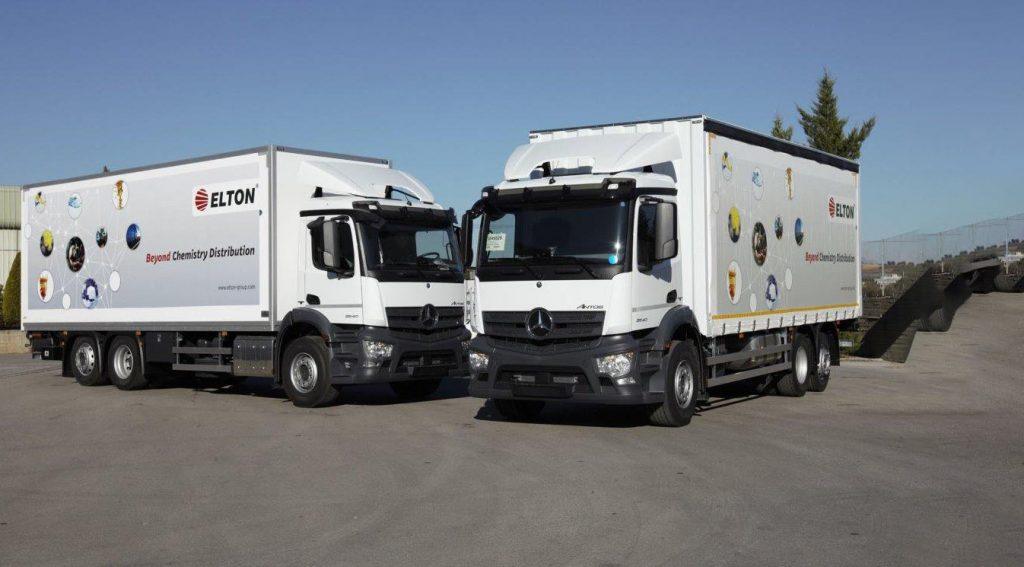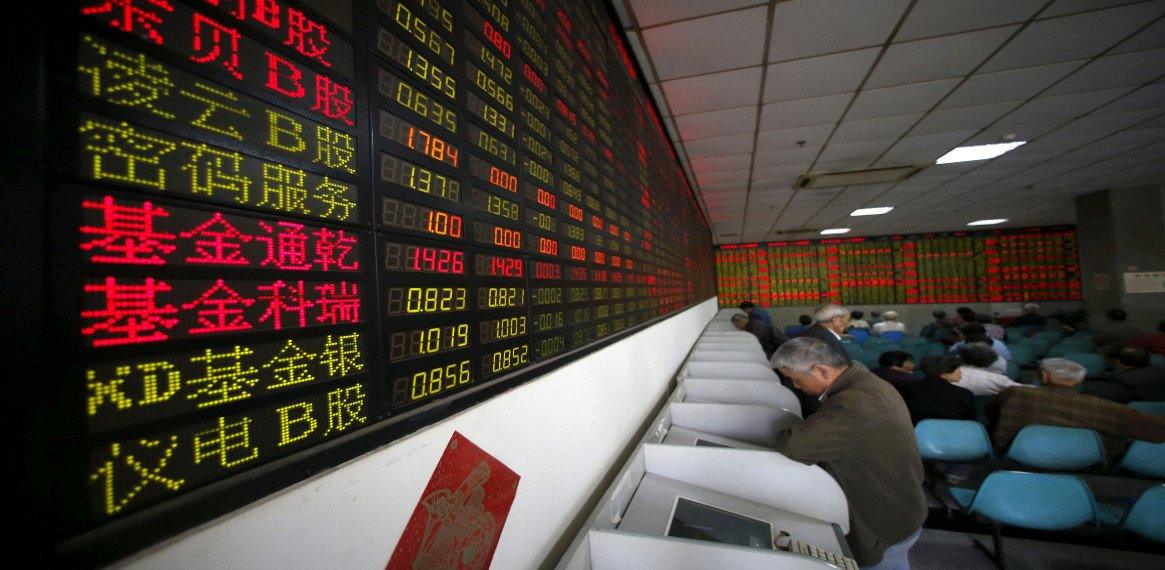The Greek-owned fleet remains the largest in the world with 5,774 ships, 410 million dwt and 242.3 million gt according to the data provided to ot.gr by the leading shipping brokerage house Clarksons. Also, the Greek-owned fleet in terms of gt constitutes 16.5% of the world fleet, while ten years ago it accounted for 13.6%. The additional market share gained by the Greek-owned fleet means that it grew faster than its competitors.
In dwt terms, the share of the Greek-owned fleet as part of the world rises to 18.9%. According to Stephen Gordon Managing Director, Clarksons Research, speaking to ot.gr, the value of the Greek-owned fleet amounts to $141.7 billion, and reaches 11.8% of the value of the world fleet.
According to Stephen Gordon, Greek shipowners have the largest fleet of tankers in the world (1,566 ships, 163.4 million dwt, 23.4% share of the world fleet), the second largest fleet of cargo ships (2,479 ships, 203.8 million dwt and 21.5% share of the world fleet) and also hold 19.6% of the world fleet of liquefied natural gas carriers (122 ships of 10.9 million dwt).
The performance of the Greek-owned fleet acquires greater value when we take into account that our country does not have its own cargo as is the case with other major shipping powers such as China or Germany, etc.
On the contrary, as highlighted in the recent report of the Hellenic Shipowners’ Association (EEU), Greek shipping carries cargo between third countries at a rate of more than 98% of its transportation capacity, which makes it the largest cross-border carrier worldwide. The Greek-owned fleet is vital for world trade, transporting basic goods, including agricultural and forestry products, oil and oil derivatives, liquefied gases, chemicals, iron and other minerals, and inorganic minerals.
Greek shipping is also of strategic importance to the EU because, among other things, both the EU economy and the well-being of its citizens depend on access to affordable energy sources. As the EU’s dependence on energy imports from non-EU countries approaches 58.2%, the Greek-owned fleet is critical to ensuring energy imports into the EU from different parts of the world.
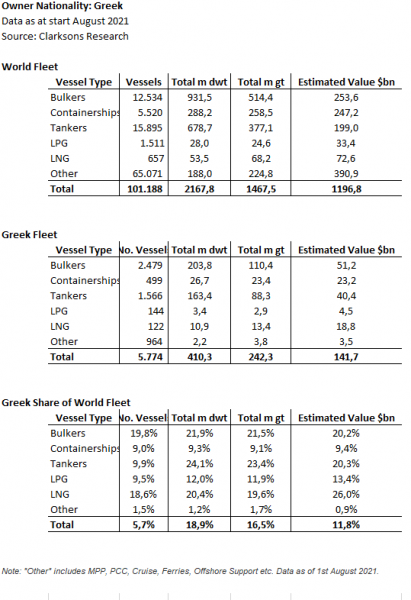
![Clarksons – Greek-owned fleet increases its share [tables]](https://www.ot.gr/wp-content/uploads/2021/09/ploio-nautilia-1024x641.jpg)



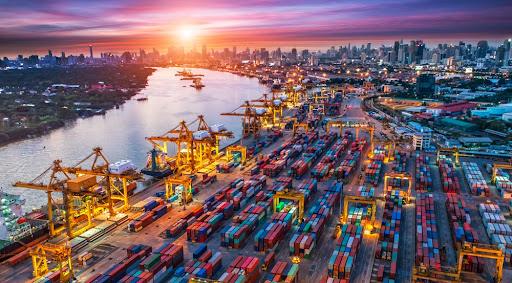

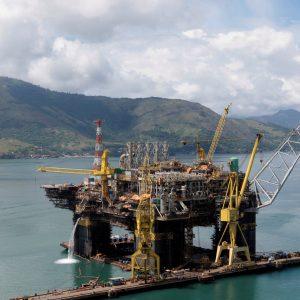

![Πληθωρισμός: Στο 2% υποχώρησε τον Απρίλιο του 2025 – «Φωτιά» στα ενοίκια με άνοδο 10,8% [πίνακες]](https://www.ot.gr/wp-content/uploads/2025/05/inflat-1-300x300.jpg)










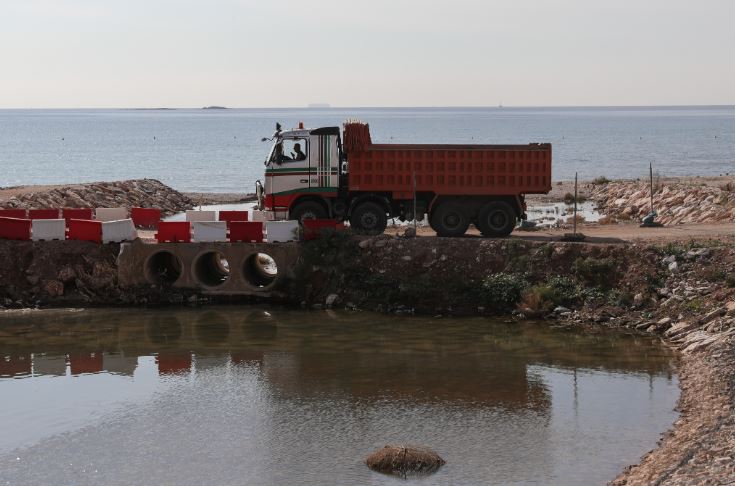










![Πληθωρισμός: Στο 2% υποχώρησε τον Απρίλιο του 2025 – «Φωτιά» στα ενοίκια με άνοδο 10,8% [πίνακες]](https://www.ot.gr/wp-content/uploads/2025/05/inflat-1.jpg)



